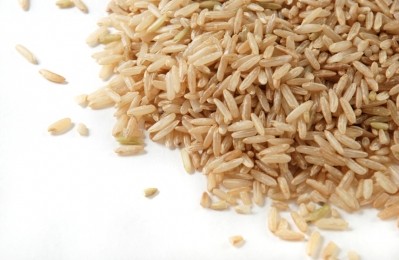Competition from China for raw material plagues Rice Bran's financial results

RBT manufactures fiber and protein ingredients sourced from rice bran for the food, dietary supplement and feed markets. Latching on to a reliable supply of raw material has proven to be a surprisingly difficult issue, one complicated by competition by Chinese buyers for raw material.
New market in China
The company was dealing with supply issues relating to an unplanned shutdown at one of the rice mills it had contracted with. And then came a development out of left field, so to speak.
In an exchange in a recent earnings call with analysts and investors, Dr Robert Smith, president and CEO of RBT had this to say:
“Over the last year, one market has developed for bran that had really been an [in]significant market before. And that is an export market for bran, particularly to China,” Smith said.
Raw rice bran has almost nothing in the way of shelf life, spoiling in as little as 10 hours. So shipping it overseas wouldn’t seem to make much sense. Smith said it’s not clear what the rice bran being shipped to China might be used for.
“People that work at export facilities, that we have talked to, have told us that they're using a very potent preservative to attempt to keep those [shipments] from spoiling. But we have a joke that we do not want to be around when these containers are opened,” Smith said.
Option to buy rice mill
Smith said the company has entered into a supply agreement with a new mill in Arkansas to try to deal with its supply issues. The deal with Golden Ridge rice mill has an option for purchase, according to Smith. Having another source will help insulate the company from future supply and price shocks, he said.
“It would allow us to fully control the production process in order to maximize bran production when needed. Second, it would help to lessen our risk of having all of our operations and facilities that have some sort of lease, where we lack permanence. Third, it would allow us to efficiently position to produce downstream products that we do not currently provide,” said COO Brent Rystrom.
Earnings details
RBT reported a modest increase in net sales to $3.7 million in the company’s second quarter. But the company lost $1.8 million on those sales, which was primarily attributed to the supply disruptions and higher prices. The company also added sales headcount, which it claims will help it hit revenue of $14 million to $15 million for the full year, with a breakeven point anticipated in fiscal year 2019.
The company’s market history has been a painful one for long time investors. The company’s stock price has bumped up in recent quarters to about $2.60, up from a 52-week low of about $1. But that’s off from the company’s recent high of more than $13 a share in 2013.













